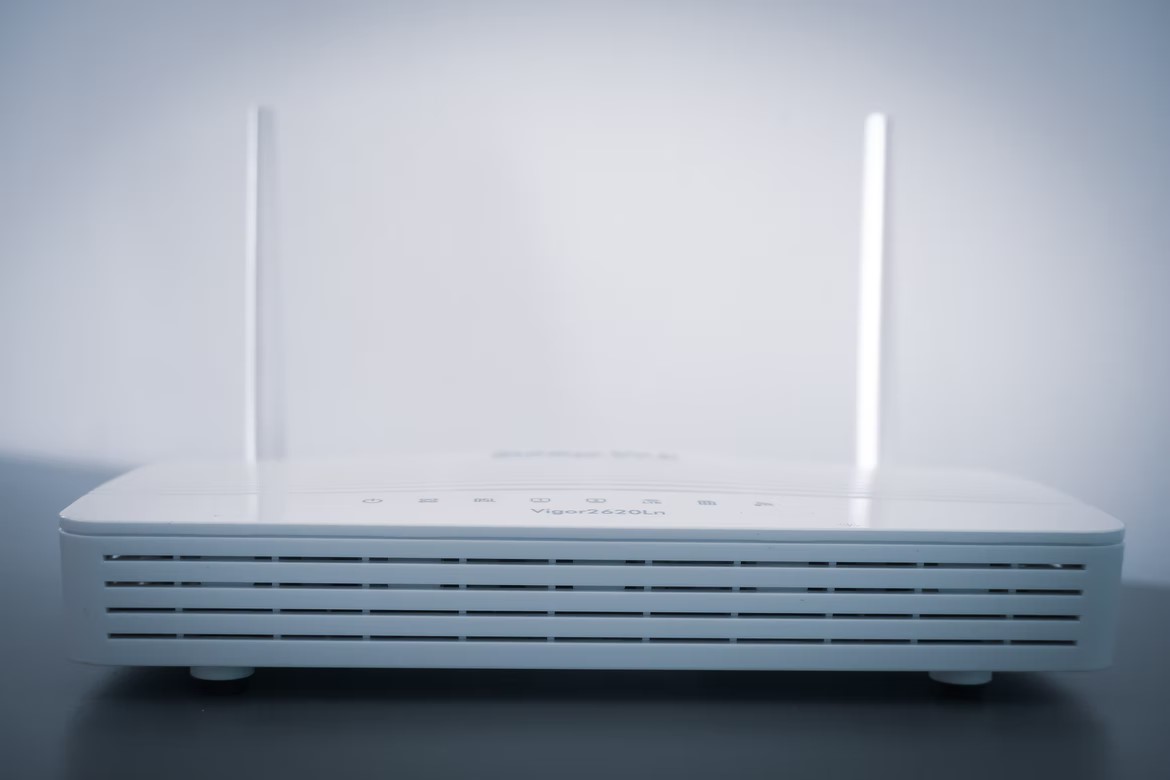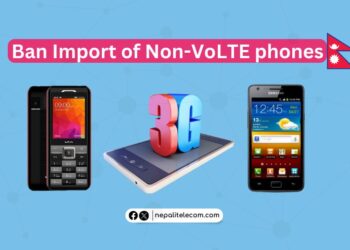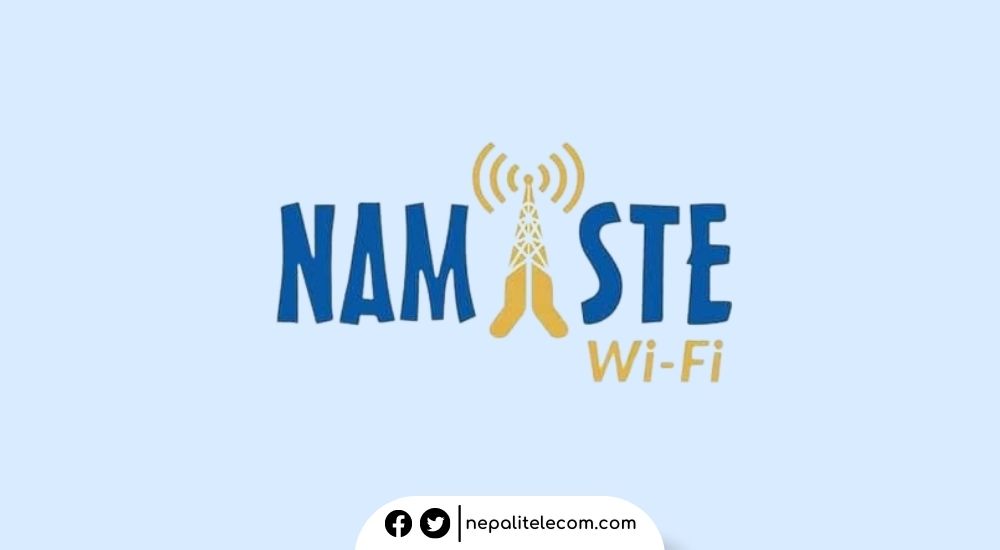Having a Wi-Fi router or access point in your house or office lets you connect to internet without inconvenience of having cables all over the place.
With a Wi-Fi connection, you may use your smartphone to go online, check your social media accounts, watch live streaming, or visit entertainment sites while walking around the house.
For businesses, wireless internet may drive down labor and installation costs associated with wired networks. The company may then allocate these cost savings to improve network security and wireless performance and efficiency.
However, Wi-Fi tends to weaken over distance. This situation is a concern, especially when the area your wireless internet needs to cover is extensive.
One solution is improving the area of coverage by using Wi-Fi boosters, repeaters, or extenders.
What are the similarities and differences between these devices? Which one better fits your needs?
This article briefly explains what Wi-Fi is and what boosters, repeaters, and extenders do to improve your wireless connection.
What Is Wi-Fi?
The term Wi-Fi is often understood to mean wireless fidelity, although the Wi-Fi Alliance does not officially recognize that meaning.
The Wi-Fi Alliance, a nonprofit organization created to promote the global wireless standard, owns the Wi-Fi trademark.
Wi-Fi is the technology commonly used to connect devices like laptops, tablets, and smartphones to a network. Wi-Fi technology uses radio signals rather than wires to transmit data between Wi-Fi-capable devices.
Wireless signals are transmitted from a Wi-Fi router or access point and then received by nearby devices. The signal received is then converted into data.
There are several Wi-Fi connections, depending on the availability of the device or signal:
● Router – Wi-Fi routers are usually connected by wire or cable to an internet provider’s line. The router then transmits Wi-Fi signals to devices nearby.
Check out: How to choose best Wifi Router for your Home?
● Mobile hotspot – You can use your smartphone to transmit Wi-Fi signals and other gadgets nearby may connect.
● 4G/5G internet – 4G and 5G are wireless technologies that provide high-speed internet transmitted from cell towers and mobile networks. Average speeds hover between 25Mbps to 1Gbps.
Although Wi-Fi is a convenient way for your device to connect to internet without wires, signals grow weaker over distance. You may experience your connection slowing down the farther you are from a router, hotspot, or cell tower.
Do Read: WiFi Vs Cellular Data: Differences
The IT industry developed solutions like boosters, extenders, and repeaters to address this issue. These solutions amplify the Wi-Fi signal to maintain a solid connection even when you are farther away from your Wi-Fi source.
The Differences Between a Wi-Fi Booster, Repeater, and Extender
Boosters, repeaters, and extenders generally fulfill the same purpose, and that is to improve the area covered by your Wi-Fi device.
Wi-Fi Booster
A Wi-Fi booster is more of an umbrella term that includes repeaters and extenders.
Wi-Fi-boosting devices capture existing, usually weak, Wi-Fi signals from a router or access point. The booster then amplifies that signal to extend the Wi-Fi coverage beyond the transmitter’s range.
Boosters are helpful in large areas like offices with limited Wi-Fi coverage.
Suppose a mid-sized company with ample office space has only one Wi-Fi router installed near the corner where the CEO’s desk is located. In that case, other parts of the office may have weak or no Wi-Fi access.
By installing a booster in a strategic location, you can extend Wi-Fi coverage to other office areas.
Wi-Fi Repeater
Some brands classify repeaters and extenders as basically the same thing. However, some repeater models come with two devices connected by an ethernet cable to improve the coverage.
Single-device repeaters function in the same way as extenders. However, in two-device repeaters, one device is connected to a nearby Wi-Fi router. The other is placed in another location, usually where the signal is weaker.
The device near the router captures the original Wi-Fi signal then sends that signal through the ethernet cable to the second device. The second device then “repeats” the Wi-Fi transmission in the new location.
Since two-device repeaters still rely on a wired connection, you may need ensuring the wires are correctly installed and connected within the house. There may be additional labor, especially if you need to drill holes on the walls to neatly organize the cables.
Despite the additional installation effort, a wired connection has a generally faster speed than a wireless one. Thus, Wi-Fi signals broadcast by the second device are faster than single-device repeaters or extenders.
Two-device repeaters also allow the same Wi-Fi signal to be broadcast in a separate location, provided the ethernet cable has sufficient length. This solution is useful especially for companies whose offices are located on multiple floors.
Wi-Fi Extender
While some repeaters use two devices, extenders use only one device to increase your wireless coverage.
Extenders usually are placed at a midpoint between the Wi-Fi router and your device. The extender captures the signal transmitted by the router and rebroadcasts it to maintain signal strength.
Extenders may broadcast slower internet speed than repeaters. Since extenders are placed some distance away from a router, the captured signal may already be weak. Even if the transmission is strengthened, the internet may still be slow.
However, an advantage of extenders is that it is more efficient and cost-effective to install than a two-device repeater. You only need to plug the extender at a place where you need Wi-Fi coverage and let the device capture and retransmit the signal.
Conclusion
Consider other practical solutions to improve your Wi-Fi connection before deciding if a booster, repeater, or extender is the right solution for you, such as moving your router to different locations may improve area coverage. Another solution is replacing your router if it is an older model with weak signal.
Don’t miss: Secure your Home Wifi from hackers
In addition, analyze your needs and budget before purchasing a Wi-Fi-boosting device. Consult an IT expert or business consultant for help with your decisions.













